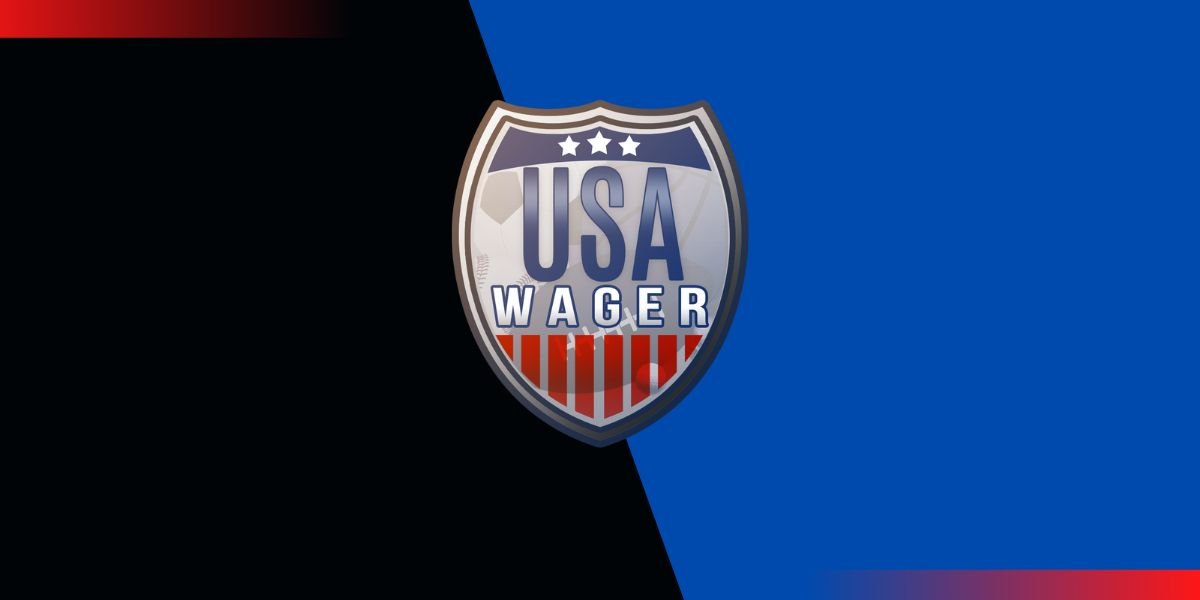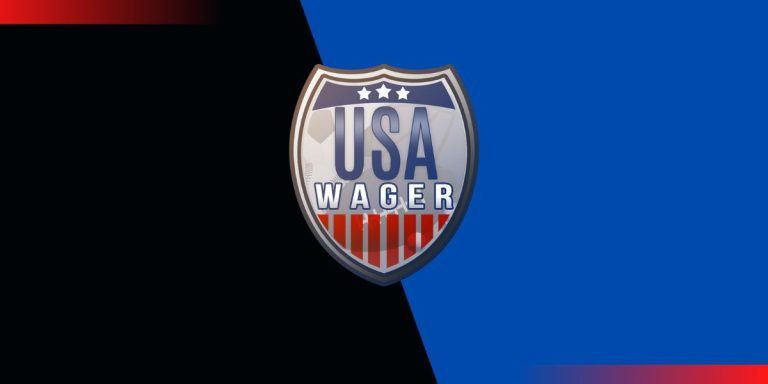Tech Giants Urge Dismissal of “Addictive” Gambling Suits
Google, Facebook-parent Meta, and Apple are urging a federal judge to dismiss class-action suits claiming the tech giants profit from distributing “addictive” gambling advertisements.
The claims “fall within the heartland of immunity Congress granted to online platform providers under Section 230,” wrote Google in a motion filed with U.S. District Court Judge Edward Davila in the Northern District of California. That section of law generally frees companies from responsibility for third parties’ actions on their platforms.
Meta and Apple levied similar stances in paperwork submitted to Devila last Friday.
Tech giants face gambling lawsuits
The main defense for the giant corporations is the language in Section 230 of the Communications Decency Act.
Section 230 explicitly states the following: “no provider or user of an interactive computer service shall be treated as the publisher or speaker of any information provided by another information content provider.”
The companies’ responses come after they were accused in a lawsuit of disseminating and promoting addictive gambling applications, accepting purchases with digital currency, and raking in a percentage of revenue.
“In exchange for promoting and distributing … casino games, providing them valuable data and insight about their players, and collecting money from consumers, Google (and the other platforms) take a 30 percent commission off of every wager, earning them billions in revenue,” the original suit against Google claimed.
Complaints against Apple and Meta are almost identical in verbiage.
The plaintiffs in the case are seeking restitution for losses suffered as a result of “addictive” gambling apps promoted by the tech giants. It remains unclear what website(s) they were directed to and what events took place on these sites. There is no statute of limitations on restitution, which means that there is no time limit for collection and the debt will remain outstanding until paid in full.
Google, Apple, and Meta remain steadfast that Section 230 absolves them from any liability for what happens to users frequenting third-party sites.
“All of the claims in this case seek to hold Meta liable for third-party content (consisting of allegedly unlawful casino-themed video games) developed by third parties and made available on the Facebook platform,” Meta wrote. “Because each element of Section 230 is established here, this court should dismiss the complaint.”
Google and Apple made the same argument, although they used different phrasing in their motions.
The legality of sharing profits
The tech companies also state that sharing revenue does not strip them of protection from Section 230 and they are still immunized from any wrongdoing.
“There is no ‘for-profit exception to Section 230’s broad grant of immunity,’” Google said in its motion, citing precedent from a previous court case.
Facebook also noted that Google was already protected legally by Section 230 in a lawsuit over pay-per-click ads, which it created, that then took visitors to a fraudulent landing page.
Judge Davila is expected to hold a meeting on August 4 to discuss the suit and motions to dismiss, where he will either grant the companies’ requests or decide to take the case to trial.


